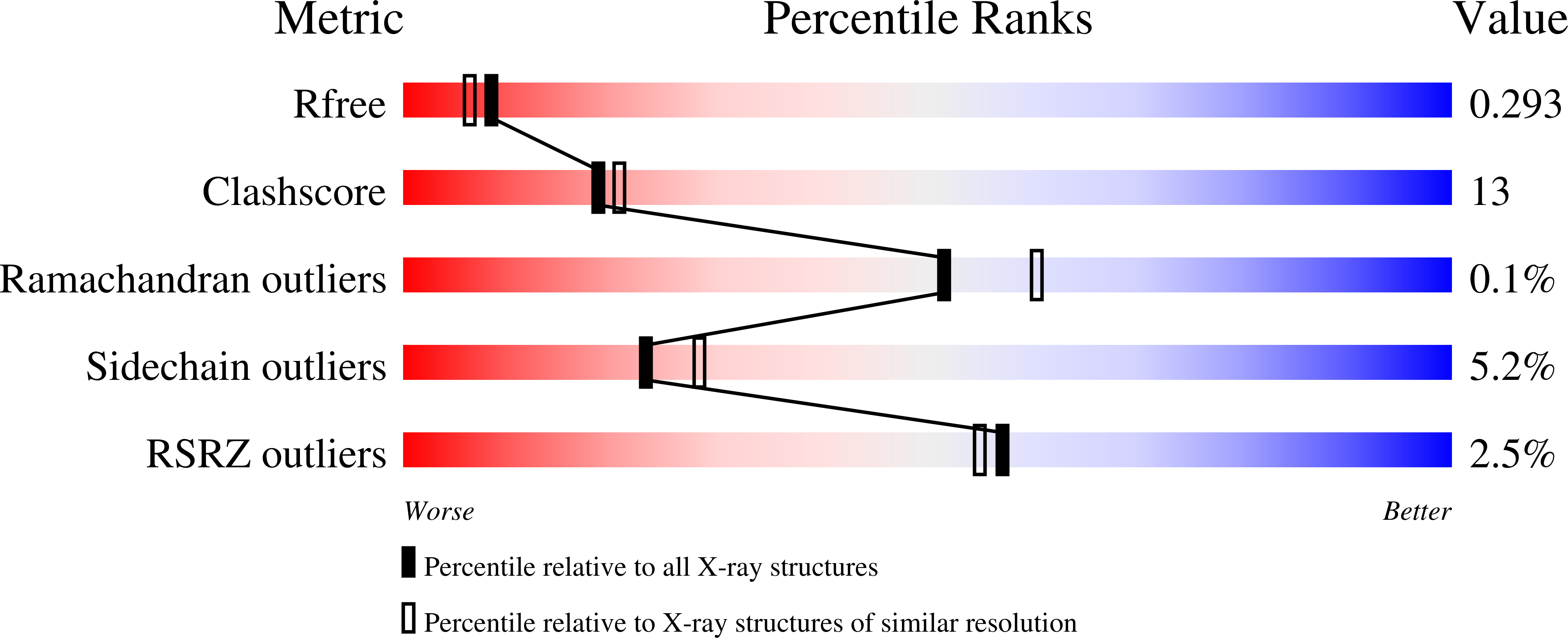
Deposition Date
2023-10-18
Release Date
2023-12-06
Last Version Date
2024-10-02
Entry Detail
PDB ID:
8QW6
Keywords:
Title:
Crystal Structure of compound 3 in complex with KRAS G12V C118S GDP and pVHL:ElonginC:ElonginB
Biological Source:
Source Organism(s):
Homo sapiens (Taxon ID: 9606)
Expression System(s):
Method Details:
Experimental Method:
Resolution:
2.20 Å
R-Value Free:
0.29
R-Value Work:
0.25
R-Value Observed:
0.25
Space Group:
P 1


